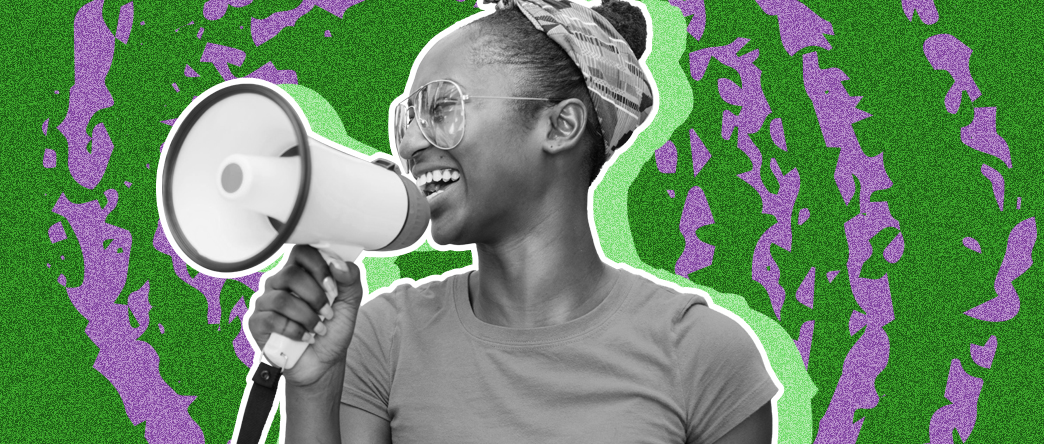Whether you’re going out with friends, relaxing at home, or celebrating a milestone, alcohol and cannabis often play a role in social experiences. But when these substances are involved, so is increased risk. That’s NOT because drinking or using cannabis makes someone responsible for being assaulted—it never does. It’s because intoxication can lower a person’s defenses and make it easier for a predator to commit a crime.
Here, we’ve outlined real-world safety strategies—zero blame or judgment. Our goal is to empower people to look out for themselves and each other—while never losing sight of the truth: Only perpetrators are responsible for sexual assault.
Why Substances Increase Risk—But Don’t Cause Assault
Alcohol is the most frequently used substance in drug-facilitated sexual assault. According to the U.S. Department of Justice, about 50% of sexual assaults involve alcohol use by the perpetrator, the victim, or both. Survivors who were drinking may not be able to remember what happened, which can make it harder to report or seek support.
Cannabis use is also growing rapidly. A 2023 Pew Research report found that nearly half of U.S. adults say they’ve used marijuana, and 17% report current use. While cannabis may seem less risky to many, it still affects memory, judgment, coordination, and awareness. Just like alcohol, cannabis can impact someone’s ability to give or perceive consent.
The key takeaway? Intoxication increases risk—not responsibility.
Tips to Reduce Risk & Stay Safer When Using Substances
These suggestions are not guarantees—and they are never an excuse to blame survivors. Instead, think of them as ways to strengthen community care and personal awareness when substances are part of the mix.
Stick Together
- Arrive with friends and leave with them. If you plan to consume alcohol or cannabis, do it around people you know and trust.
- Check in with each other often. Step in if someone looks uncomfortable or incapacitated.
Watch Your Drink
- Don’t leave your drink unattended or accept drinks from strangers.
- Avoid shared containers like punch bowls, where ingredients are unknown.
Monitor Cannabis Use
- Don’t accept substances from strangers. Inhalants and edibles can be mixed with other drugs that may be dangerous.
- Know your own tolerance. Cannabis affects everyone differently—and different delivery methods (smoking, vaping, edibles, etc.) can heighten the impact.
- Avoid combining substances. Using cannabis with alcohol can intensify the user’s disorientation.
Trust Your Instincts
- If something feels off, leave. Don’t wait for something to go wrong before getting out of an uncomfortable situation.
- Speak out. Talk to a friend or find a staff member if you’re uncomfortable, and call law enforcement if needed.
Listen to Your Body
- Feeling way more high or drunk than expected? You may have been intentionally drugged.
- Tell a trusted friend and get to safety. Call 911 and let medical professionals know you suspect drugging so they can perform the correct tests.
If You Were Intoxicated During an Assault, It Was Not Your Fault
Some perpetrators intentionally target people who are drinking or high. They may use the survivor’s level of intoxication to manipulate, coerce, or overpower them. But let’s be clear: Being drunk or high does not mean you were “asking for it.”
Consent must be clear, informed, and freely given—and someone who is significantly impaired cannot legally consent to sex. If someone voluntarily uses alcohol, cannabis, or another substance, that never gives another person the right to violate their boundaries.
RAINN’s Fight to End “Voluntary Intoxication” Loopholes
Even though the science is clear, many state laws are not. In several U.S. states, legal loopholes known as Voluntary Intoxication Exclusions allow perpetrators to avoid accountability when a survivor was drunk or high by choice.
These laws state that a survivor who was voluntarily intoxicated does not count as “mentally incapacitated”—and therefore cannot be raped under that state’s legal definition. If this sounds outrageous, that’s because it is.
Voluntary Intoxication Exclusions:
- Deny survivors legal protections
- Let perpetrators walk free
- Perpetuate victim-blaming
RAINN is fighting to eliminate this loophole in every U.S. state, just as we did in Minnesota.
RAINN’s Recommendations
- Updated laws that allow prosecution of sexual assault when a survivor is severely intoxicated—regardless of whether it was voluntary.
- Equal justice for all survivors, not just those drugged against their will.
- An end to legal victim-blaming.
Join Our Community
Join the Fight for a World Free from Sexual Violence
Sign up for inspiring stories, important updates from RAINN, and tools to take action in your community.

